Planning through Sustainability
Written by Nathan Johnson, Media Team
One of our favourite Sustainability campaigns, a mural by Nando’s
During the pandemic and After COP26 ( The UN Climate Change Conference) in 2021, there was a significant shift in consumer concerns about environmental impacts, and we can all only expect it to continue and thicken through 2022.
For us media planners, the topic of sustainability has become even more relevant than with the presence of “Veganuary” last month.
A lot of popular food chains and retail brands advertised their new green product ranges, in tune with the changing consumer habits- which shows a move towards a more eco-conscious shopper.
Judging by this context, it seems that eco-friendly advertising/marketing will be more prominent than ever before, as this consumer mindset becomes solidified.
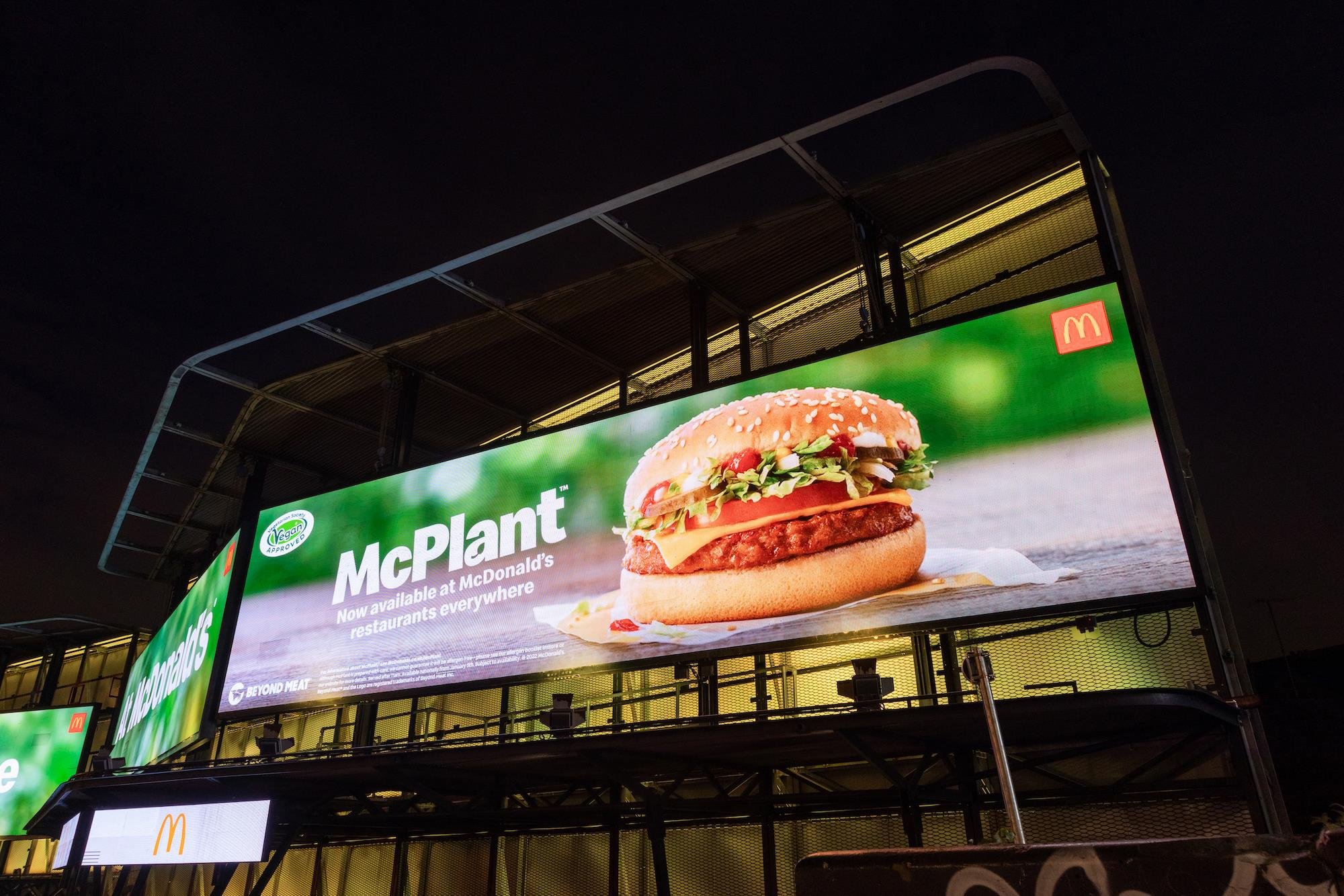
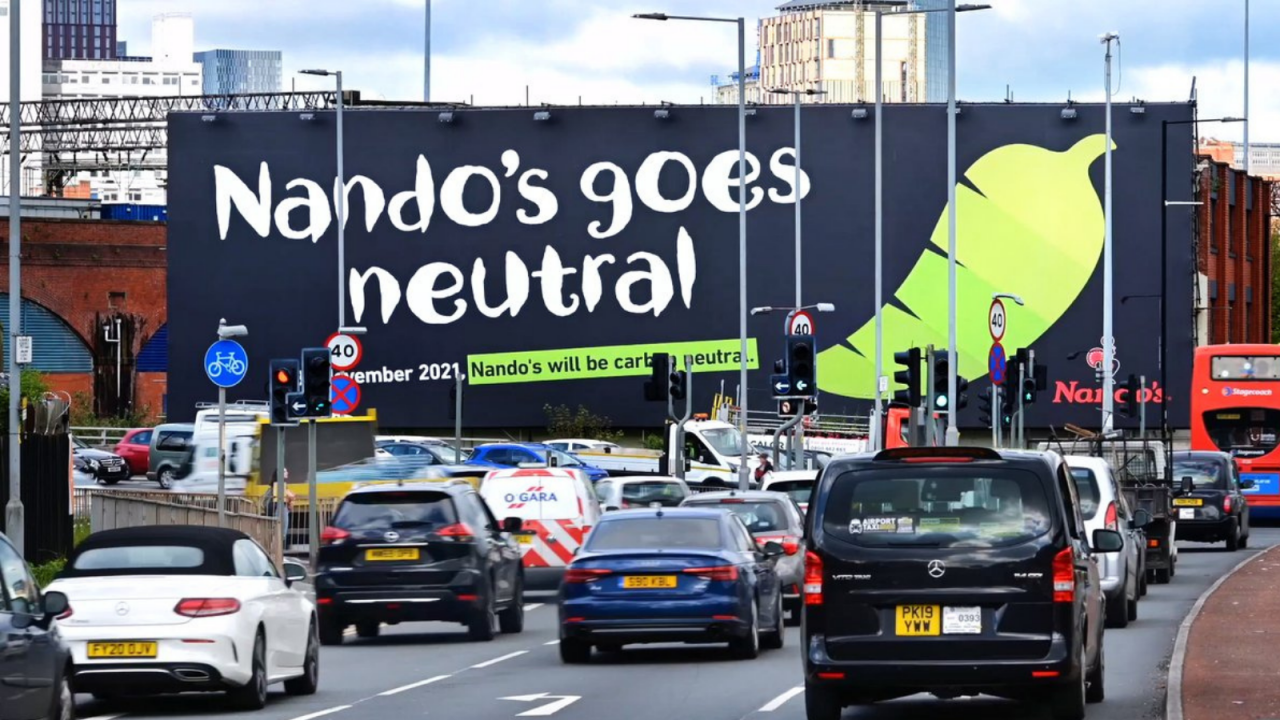
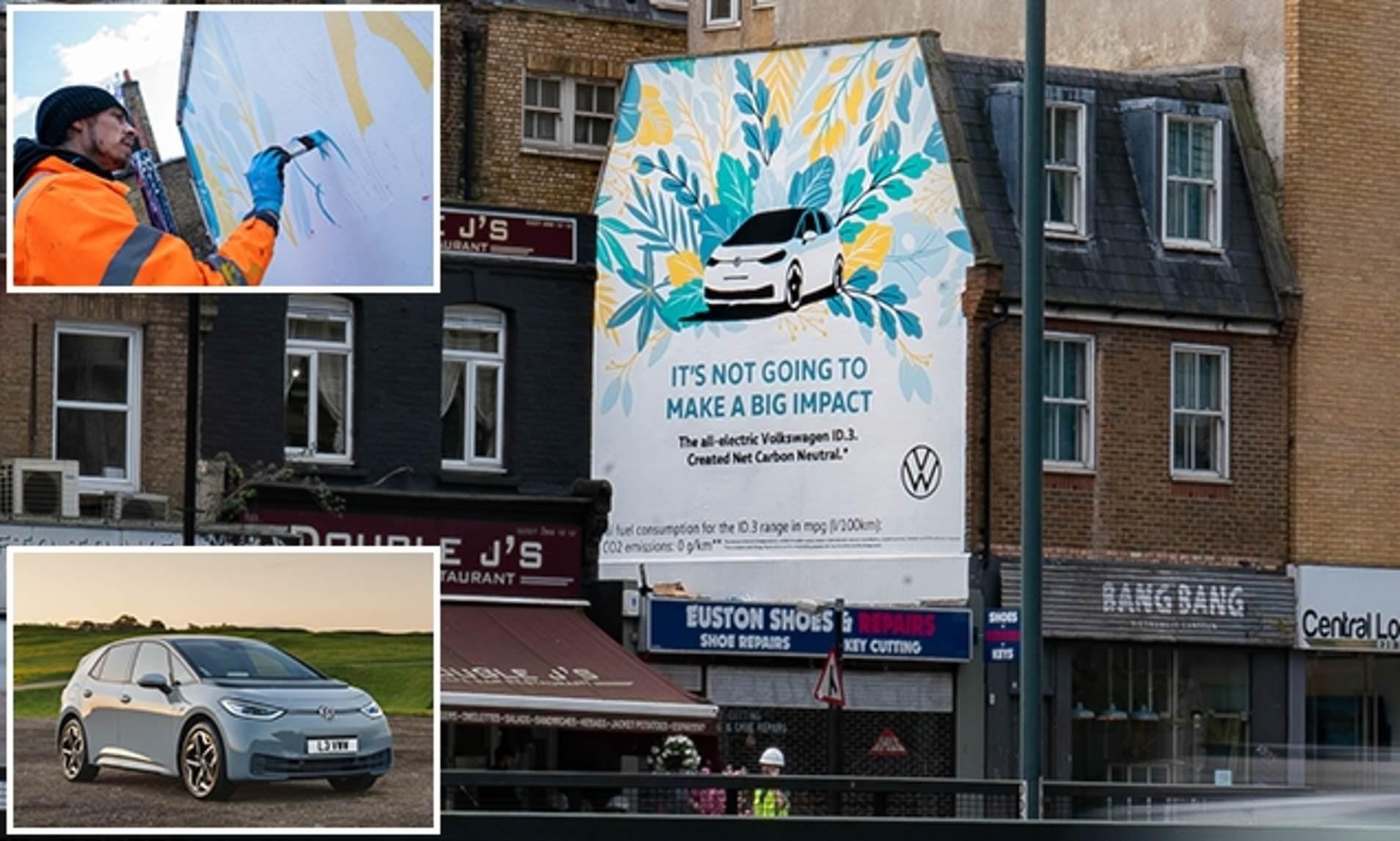
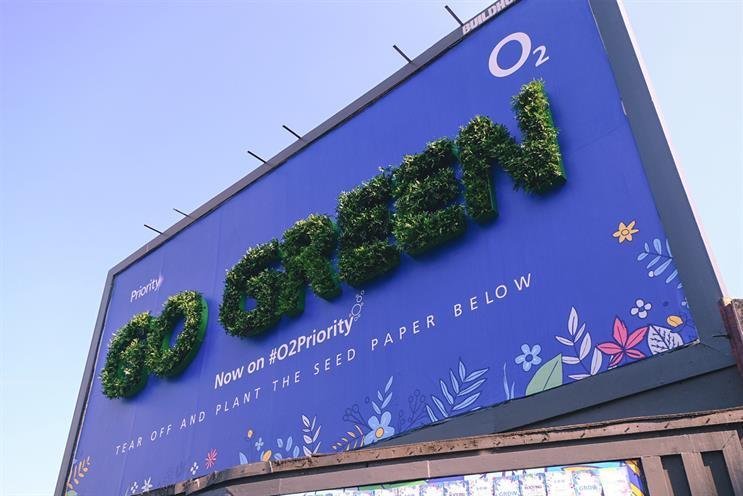
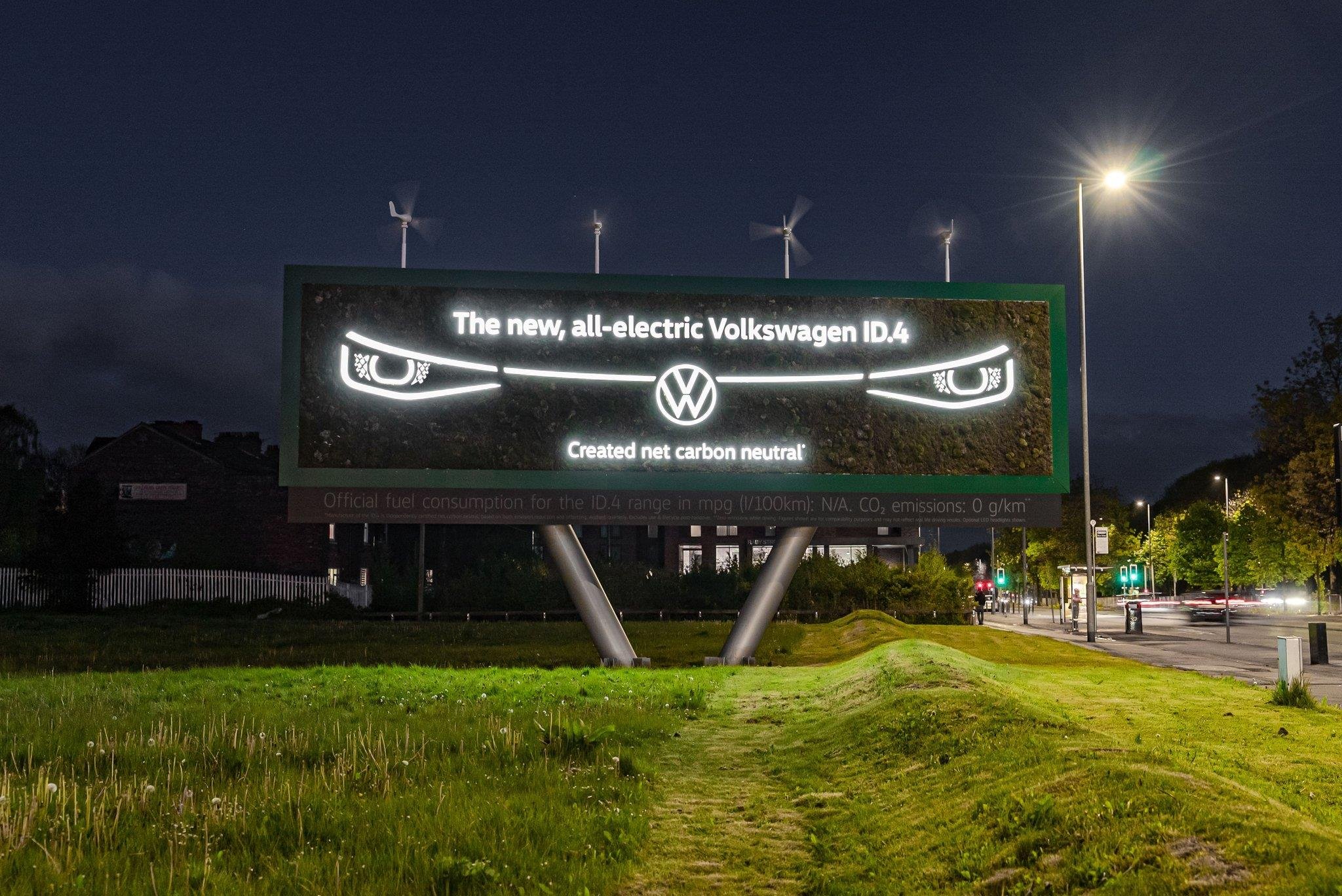
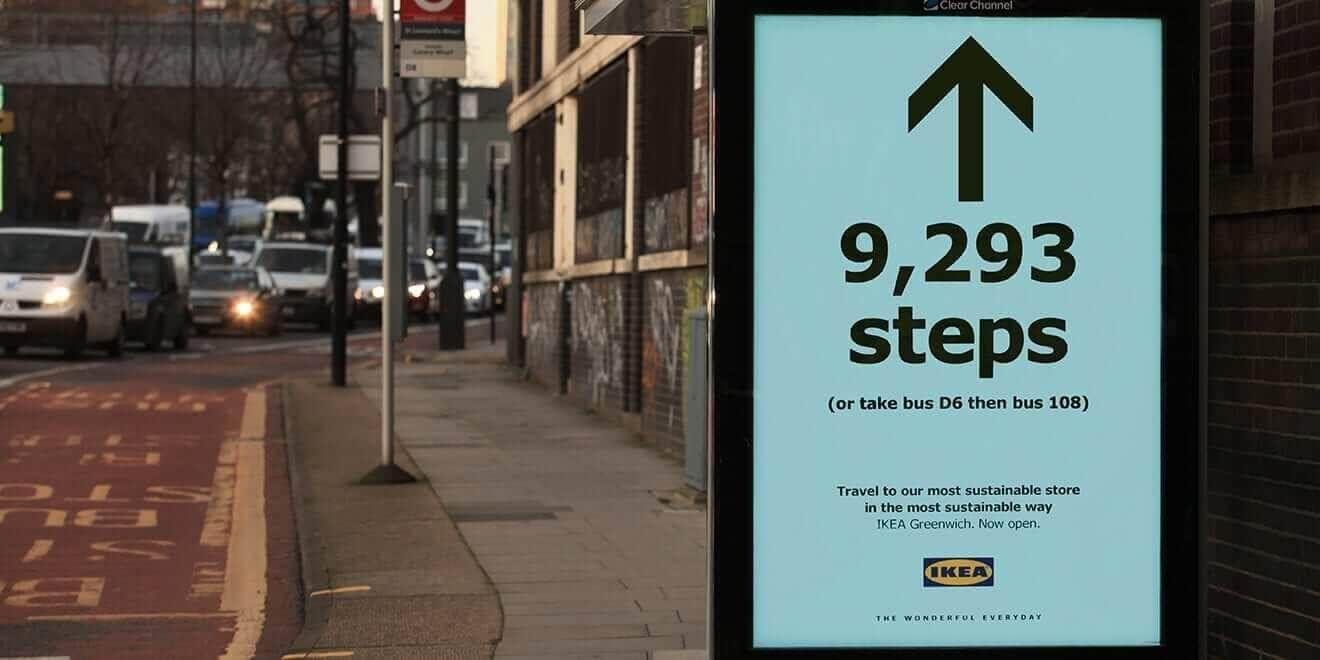
What is Eco-friendly marketing?
Simply put, Eco-friendly advertising or marketing is the distribution of products/services that provides environmental benefits. The products/services may possess environmentally friendly qualities, or perhaps the production or creation of the product is ecologically proficient.
However, it isn’t just retail and food brands that partake in this! While retail is a large contributor to the effect of changing consumer preferences, sustainability is not limited to just these sectors. It's seen in financial services, investments, and in the auto industry – just to name a few.
From a media point of view, we believe that the majority of big brands have realised the benefits of implementing sustainability practises and are they’re now implementing this type of marketing into their business strategies. Furthermore, we believe the impact of sustainable advertisements will provide mammoth influences towards the path of purchase, especially towards a younger target audience, who may already show brand loyalty toward other competitors.
James Ramsden, UK & US Executive Creative at London agency Coley Porter Bell said: “Sustainability will continue to be one of the biggest trends next year for brands. Consumers will demand that brands turn everything on its head to have the most minimal environmental impact possible.”
It was also found that climate change and protecting the environment ranked as the top personal concern among Gen Z adults worldwide in February 2021, ahead of both unemployment and disease prevention-even during the pandemic.
Gen Z purchasers seem eager to hold the brands they buy from accountable which is leading to these businesses to take sustainability more seriously.
From a media planner’s perspective, brands responding to changing consumer views and habits, and planning accordingly for specific audiences, will be taken into account in order to provide the greatest impact for clients and the ecosytem… a win win!
There are some opportunities in line with sustainability and green alternatives that we think will become prevalent in the industry. Things such as EV charging point advertising and solar/wind powered formats are being taken into consideration, providing forward thinking towards this shift.

